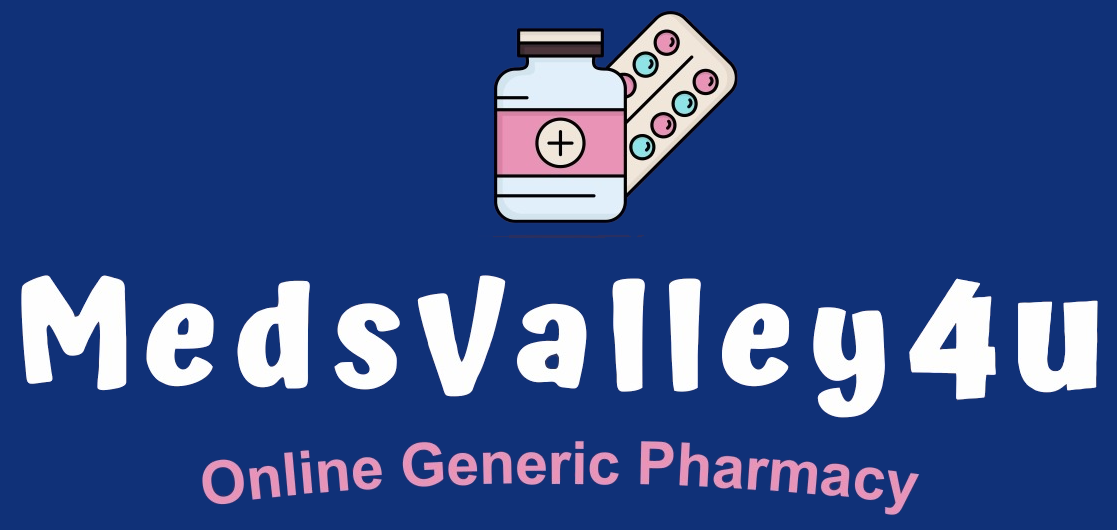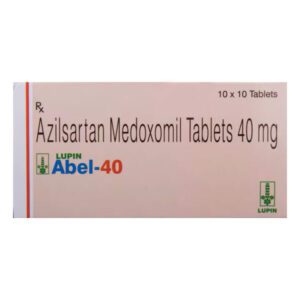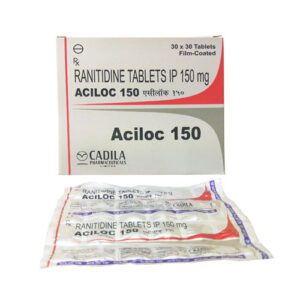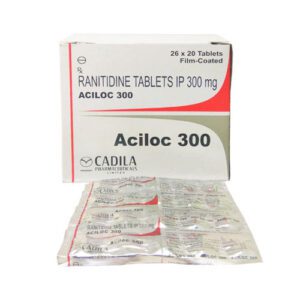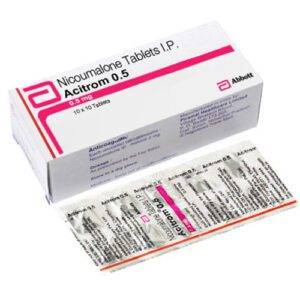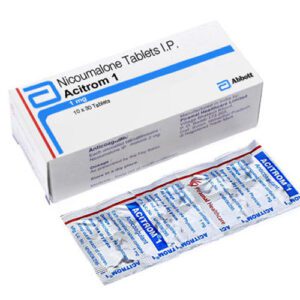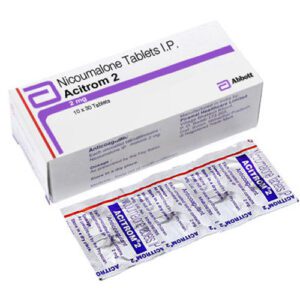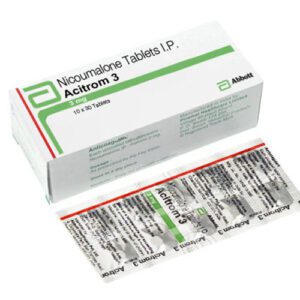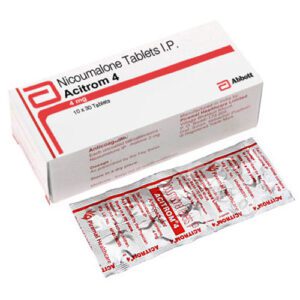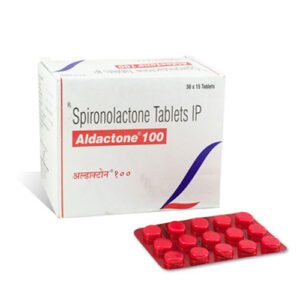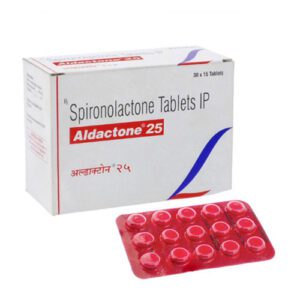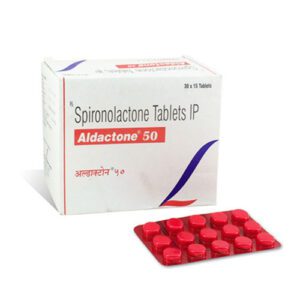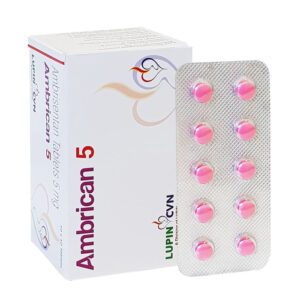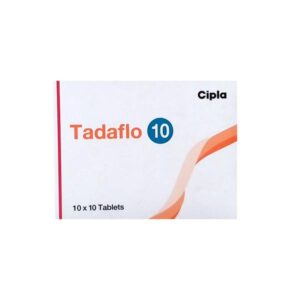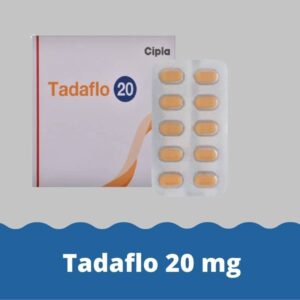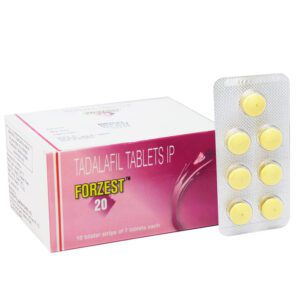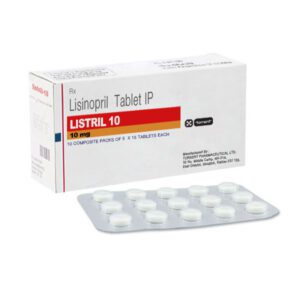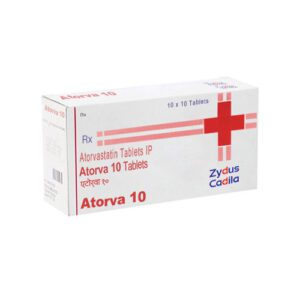Heart Care: How to Protect Your Heart for a Lifetime
Beating over 100,000 times a day, your heart is the engine that keeps you moving—pumping blood and oxygen to every cell in your body.
With heart disease still ranked as the number one cause of death globally, it has never been more important to take care of your heart.
Whether you’re currently managing high blood pressure, recovering from a cardiac event, or simply aiming to prevent future heart problems, the steps you take today can truly save your life.
What Is Heart Care?
Heart care includes daily lifestyle habits, medical guidance, and preventive actions that support the health of your cardiovascular system — your heart and blood vessels. When done right, heart care helps reduce your risk for serious conditions such as:
Coronary artery disease (CAD)
High blood pressure (hypertension)
Heart attacks and strokes
Heart failure
Irregular heartbeats (arrhythmias)
High cholesterol and clogged arteries
It’s not just about avoiding disease—it’s about living stronger and longer.
Why Heart Health Matters
Your heart sends oxygen-rich blood throughout your body, powering your brain, lungs, muscles, and more. When your heart is struggling or damaged, the effects show up everywhere. Poor heart health is linked to:
Chronic tiredness
Reduced mobility and strength
Memory and concentration difficulties
Erectile dysfunction
Increased risk of early death
The bright side? Studies show that up to 80% of heart disease is preventable with the right lifestyle choices and regular screenings.
What Puts You at Risk for Heart Disease?
Start with awareness. Major heart disease risk factors include:
High blood pressure
High “bad” cholesterol (LDL)
Type 2 diabetes or insulin resistance
Smoking or heavy alcohol use
Poor diet or obesity
Sedentary lifestyle
Chronic stress
A family history of heart problems
Women, especially after menopause, may have an increased risk due to hormonal changes.
Early Warning Signs to Watch
Heart conditions can creep up quietly. But some warning signs include
Chest pain or pressure
Shortness of breath
Unusual fatigue from light activity
Dizziness or fainting
Swollen ankles or feet
Fluttering or pounding heartbeats
Cold sweats, nausea, or indigestion
If you experience any of these symptoms, especially in combination, don’t wait—see a doctor or call emergency services.
6 Heart Care Habits You Should Start Today
1. Adopt a Heart-Healthy Diet
What you eat affects your arteries and blood pressure directly. Try to:
Eat more fruits, vegetables, and whole grains
Choose lean proteins (fish, skinless poultry, tofu)
Use healthy fats (olive oil, nuts, avocado)
Avoid trans fats, processed foods, added sugars, and excess salt
The Mediterranean and DASH diets are doctor-approved for cholesterol and blood pressure management.
2. Move Your Body Regularly
Exercise strengthens your heart muscle and improves circulation.
Aim for 150 minutes per week of moderate activity (e.g., brisk walking)
Include strength training 2 times per week
Stretch and move throughout the day—avoid long periods of sitting
Every step counts, especially if you’re starting from a sedentary lifestyle.
3. Track and Control Key Health Numbers
Monitor your blood pressure, cholesterol, and blood sugar regularly.
Ideal blood pressure: under 120/80 mmHg
LDL cholesterol: below 100 mg/dL
A1C (for diabetics): under 7%
If you’re at risk, your doctor may prescribe medications like statins, ACE inhibitors, or beta-blockers to protect your heart.
4. Reduce Stress
Stress hormones like cortisol can damage your arteries over time.
Try mindfulness, meditation, or breathwork
Get 7–9 hours of quality sleep
Talk to a therapist if needed
Journal your thoughts or practice gratitude
Move your body to release built-up tension
5. Quit Smoking & Limit Alcohol
Smoking damages your blood vessels and raises your risk of heart attack. Quitting is one of the best things you can do.
Alcohol should be limited to 1 drink per day (women) or 2 drinks (men). Heavy drinking strains your heart and liver.
6. Get Regular Checkups
Preventive care can catch silent heart conditions before they become emergencies:
Blood pressure and cholesterol checks
Blood sugar tests
ECG (electrocardiogram)
Echocardiogram or stress tests
Coronary calcium scans (for high-risk patients)
Don’t skip your annual physical — it could save your life.
Common Medications for Heart Conditions
If diagnosed with a heart issue, your treatment may include:
Antiplatelet drugs (e.g., aspirin) to prevent clots
Statins to lower cholesterol
Beta-blockers to reduce heart rate and blood pressure
ACE inhibitors or ARBs for high blood pressure
Diuretics to reduce fluid buildup in the body
Always follow your doctor’s instructions and never stop heart medications on your own.
Heart Health FAQs
Q1: Can heart disease be reversed?
A: Damage can’t always be undone, but many heart conditions improve dramatically with medication, diet, and lifestyle changes.
Q2: What’s the best heart-healthy diet?
A: The Mediterranean and DASH diets are both excellent—rich in fiber, healthy fats, and nutrients.
Q3: How can I tell if I have high blood pressure?
A: It’s often symptom-free. Regular checks are the only way to know for sure.
Q4: Are symptoms of a heart attack different in women?
A: Yes—women may have nausea, jaw pain, or fatigue, not just chest pain.
Q5: Can young people get heart disease?
A: Absolutely. Poor diet, smoking, and stress can trigger early heart issues—even in your 20s or 30s.
Final Thoughts
Your heart never takes a break — and neither should your attention to its health. Whether you’re working to prevent heart disease, manage hypertension, or simply live longer, heart care starts with YOU.
Eat clean. Move often. Manage stress. Get check-ups. Listen to your body. With daily care and professional support, you can enjoy a strong, steady heartbeat for life.
